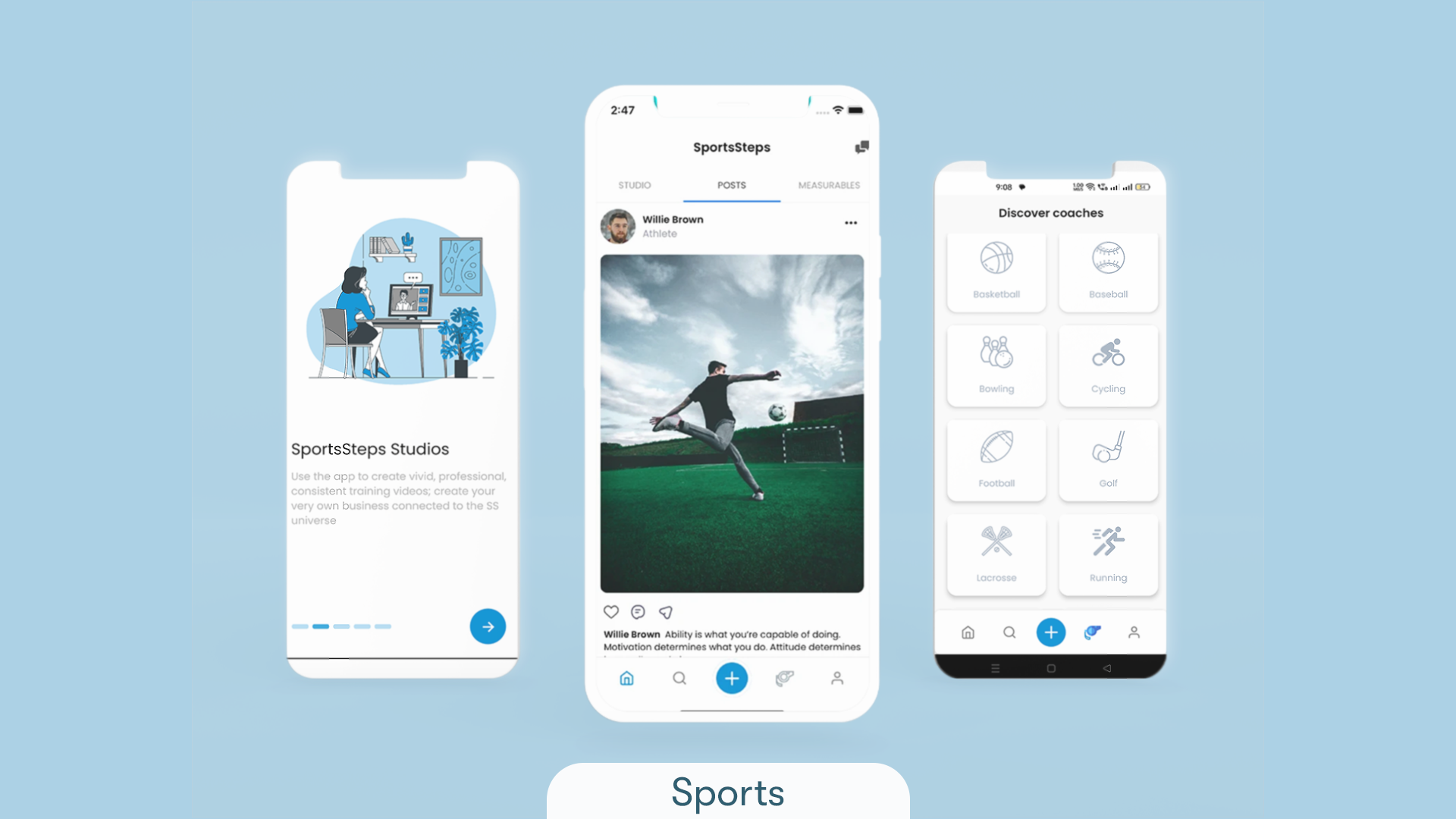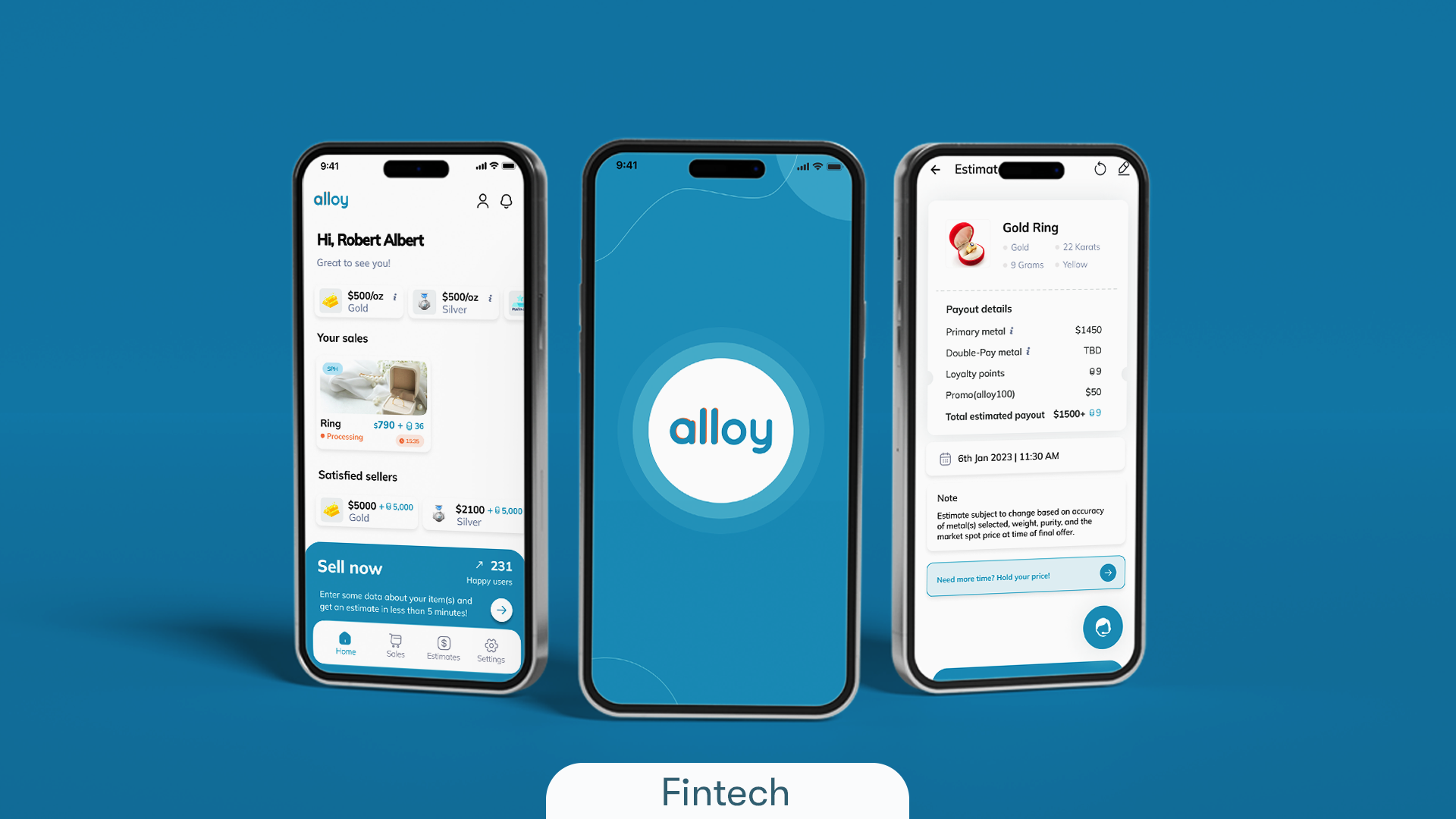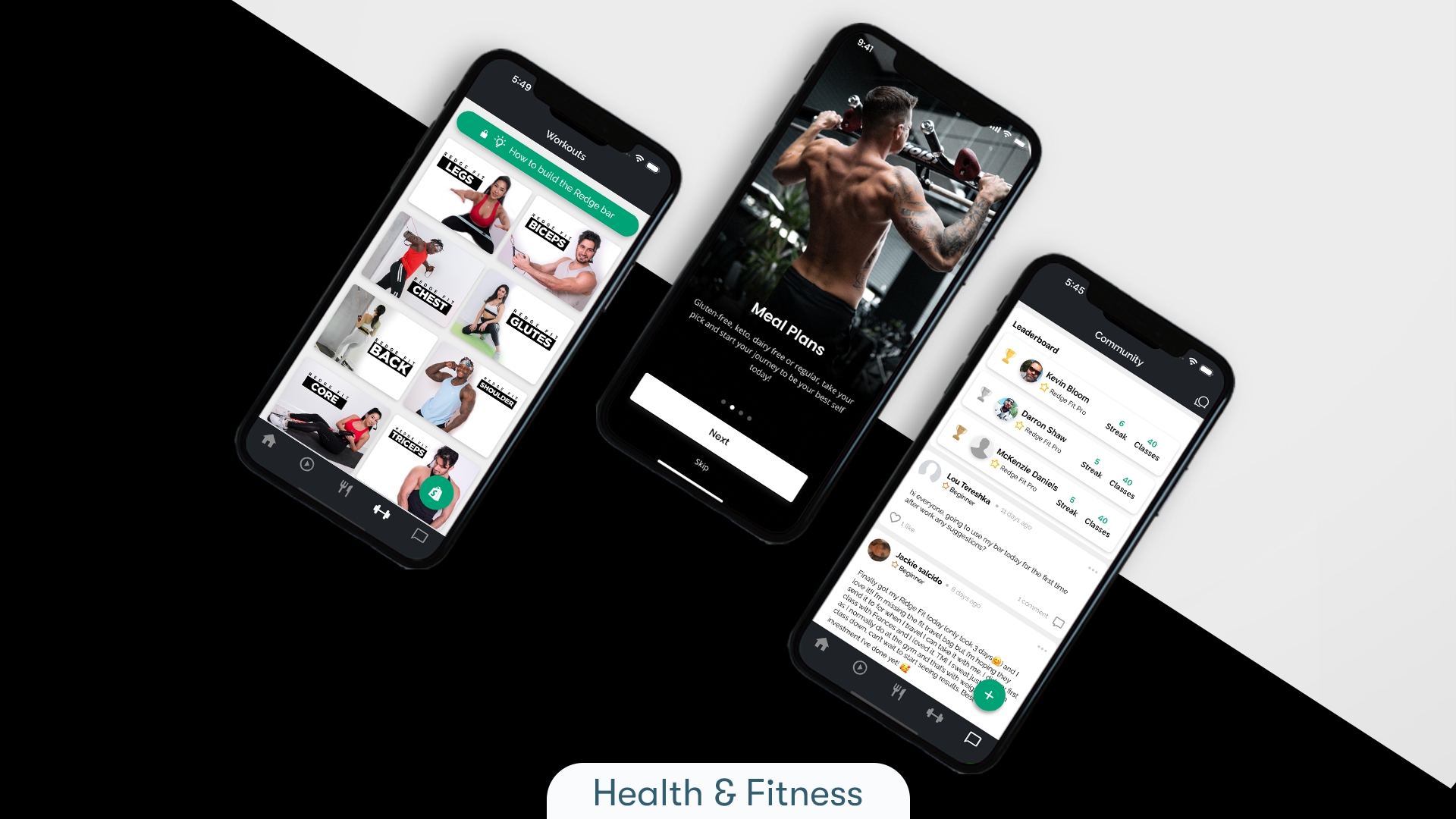March 18th, 2025 at 11:34 am
The e-commerce industry has been revolutionized by mobile technology, changing the way consumers shop and businesses operate. With the rapid rise of smartphones, mobile commerce (m-commerce) has become the preferred shopping method for many. Studies show that over 70% of all e-commerce transactions now take place on mobile devices, proving that businesses must adapt to this trend to remain competitive. A mobile application for e-commerce offers an improved shopping experience, faster transactions, and seamless navigation, which is why top brands prioritize app development over mobile websites.
Unlike traditional websites, mobile apps provide personalized experiences, allowing users to receive recommendations, exclusive deals, and instant notifications. Additionally, features such as one-click checkout, in-app payments, and AI-powered chatbots simplify the shopping process, boosting customer satisfaction. As more businesses invest in mobile-first strategies, having a dedicated mobile application is no longer an option but a necessity. In this article, we’ll explore the key benefits of mobile applications for e-commerce businesses and why they are essential for long-term success.
What is a Mobile Application?
A mobile application is a software program designed specifically for smartphones and tablets, providing a more interactive and user-friendly shopping experience. Unlike websites, mobile apps are built to optimize performance, increase engagement, and offer exclusive features that improve customer retention. In e-commerce, these apps serve as dedicated shopping platforms that allow users to browse, purchase, and interact with brands seamlessly.
Types of Mobile Applications for E-Commerce
Native Apps: Built for a specific operating system (iOS or Android), native apps offer the best performance, speed, and user experience. Since they are custom-developed for each platform, they integrate seamlessly with device functionalities like GPS, camera, and push notifications.
Web Apps: These apps function like mobile-friendly websites but mimic the feel of a mobile app. Web apps do not require downloads and can be accessed through a browser, but they lack advanced features such as offline functionality and deep system integration.
Hybrid Apps: A combination of native and web apps, hybrid apps work across multiple platforms, reducing development costs while maintaining essential features. They are ideal for businesses looking to launch quickly without investing in platform-specific development.
For e-commerce businesses, mobile applications bridge the gap between digital and physical shopping, offering instant access to products, personalized recommendations, and fast checkout options.
Benefits of Having a Mobile Application for E-Commerce Business
1. Enhanced User Experience with Mobile Apps

A seamless and intuitive user experience (UX) is crucial in e-commerce. Mobile apps provide a faster, smoother, and more personalized shopping experience compared to mobile websites. They are optimized for touch screens, offering fluid navigation, swipe gestures, and interactive elements that improve customer engagement.
Key Benefits of Mobile App UX:
✔️ Personalized recommendations based on user behavior and preferences.
✔️ One-click checkout to eliminate unnecessary steps in the purchase process.
✔️ Faster loading times than mobile websites, reducing bounce rates.
✔️ Seamless navigation with advanced filters and search functionality.
Since 40% of users abandon a website if it takes more than 3 seconds to load, mobile apps minimize load times and provide a responsive interface, keeping users engaged for longer.
2. Increased Customer Engagement and Retention

Mobile apps serve as direct communication channels, enabling businesses to engage with users more effectively than websites. Push notifications, loyalty programs, and exclusive in-app offers keep customers coming back, increasing their lifetime value (LTV).
Statistics show that mobile apps improve customer retention by 3x compared to mobile websites. With features such as personalized discounts, rewards, and AI-driven product suggestions, businesses can enhance customer relationships and drive repeat purchases.
✔️ Push notifications help brands notify customers about promotions, cart reminders, and new arrivals.
✔️ Gamification features, such as reward points and interactive contests, boost engagement.
✔️ Exclusive app-only deals encourage users to stay active and make purchases.
Since 80% of app users return to an app within 30 days, mobile applications play a key role in building long-term customer relationships.
3. Faster and More Secure Transactions

Security is a major concern for online shoppers, and mobile apps offer better encryption, fraud protection, and secure payment gateways compared to traditional websites. Apps support multiple payment options, including:
✔️ Google Pay & Apple Pay for one-tap transactions.
✔️ Credit/Debit Card Payments with PCI compliance.
✔️ Cryptocurrency and Buy Now, Pay Later (BNPL) integrations.
With biometric authentication (Face ID, fingerprint scanning), mobile apps provide an additional layer of security, ensuring safe transactions and fraud prevention.
Stat: Studies show that apps with secure one-click payment options experience a 25% higher checkout completion rate.
4. Boosting Brand Recognition and Customer Loyalty

A branded mobile app creates a strong digital presence, ensuring that customers regularly engage with the brand. Having an app installed on a user’s phone keeps the brand top-of-mind, leading to higher retention rates and repeat purchases.
75% of consumers prefer shopping from a brand’s mobile app rather than its website.
✔️ Loyalty programs, where users earn points for purchases, encourage repeat transactions.
✔️ Exclusive app-only discounts make customers feel valued and increase retention.
✔️ Brand personalization with app themes and tailored experiences strengthens brand loyalty.
With consistent branding, notifications, and unique features, mobile apps reinforce a brand’s identity and differentiate it from competitors.
5. Higher Conversion Rates Compared to Mobile Websites

Stat: Mobile apps convert 2x more visitors into paying customers than mobile websites.
✔️ App users spend 3x more time shopping compared to website visitors.
✔️ One-click checkout minimizes cart abandonment.
✔️ AI-driven recommendations personalize the experience, leading to higher purchases.
Since faster checkout and better usability lead to higher conversions, mobile apps help businesses maximize revenue.
A mobile application is no longer an optional feature—it is a necessity for e-commerce businesses looking to boost sales, increase customer engagement, and improve shopping experiences. By investing in a dedicated app, businesses can unlock higher retention, faster transactions, and global expansion opportunities.
If you’re ready to develop a high-performance e-commerce mobile app, now is the time! Contact us today for expert assistance.












